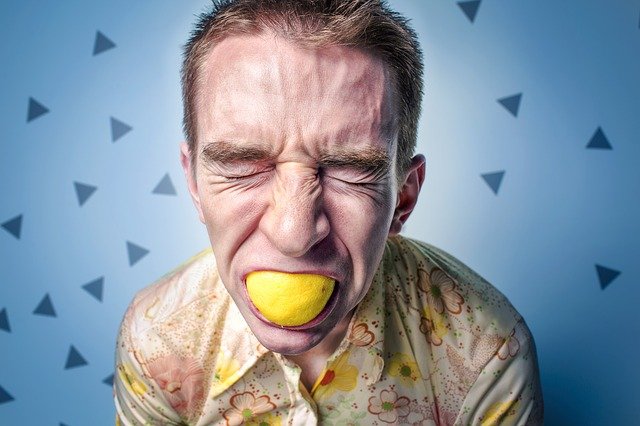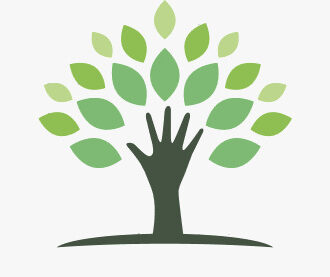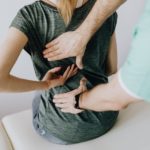Our hairs are an essential part of our bodies. Just like overall health, our hair health also depends on what we eat. It means our hair health will be affected when something is wrong with our diets. Besides, if our diet lacks essential nutrients, it may prevent new hair formation after a hair transplant. So, if our body suffers from nutrient deficiency, it may react differently. One of the primary reactions of our bodies to a poor or unhygienic diet is hair loss. According to several studies, hair loss is directly linked to vitamin and mineral deficiency. Moreover, hair loss drastically affects genetically prone people with nutritional deficiency.
Below, we have shared some helpful nutrients after a hair transplant to help the hair regrow.
Nutrients to Include in Diet after a Hair Transplant
A healthy diet is essential for a healthy body. We require healthy food and essential nutrients to gain physical strength. Apart from the general benefits of a healthy diet, it plays a vital role in successful hair transplants. Our hair growth is dependent upon essential nutrients. So, after a hair transplant, the surgeon usually provides patients with a diet plan. If patients strictly follow the plan, there will be no chance of a transplant failing due to nutritional deficiency.

The following nutrients are essential after a hair transplant:
- Iron
- Zinc
- Vitamin D
- Omega-3
- Protein
Let’s discuss them in detail.
· Iron
Iron is essential for helping the oxygen flow to the hair follicles, which results in good hair regrowth. Moreover, it is vital for good hair texture. So, include iron in your diet after a hair transplant if you want good-quality hair to grow quickly.
Some easy sources of iron are:
- Beans
- Spinach
- Oil-Seeds
- Green Leafy Vegetables
· Zinc
Zinc is also considered to be essential for regrowth after a hair transplant. It builds healthy cells, keeps hormones balanced, and absorbs vital nutrients. Moreover, it helps produce DNA and RNA essential for healthy hair growth.
Useful sources of zinc include:
- Nuts
- Eggs
- Cheese
- Seafood
- Whole Grains
- Oysters
· Vitamins
Vitamins are also necessary for activating hair cells’ growth after a hair transplant. Some essential vitamins are vitamins A, B, and D. According to several studies, severe hair loss problems, like alopecia, are triggered by vitamin D deficiency. Nowadays, people have severe vitamin D deficiency as they don’t get enough sunlight. Due to this, more people are suffering from hair loss problems.
Patients recently undergoing hair transplantation surgery should be careful about their vitamin intake. They should increase the intake of the following foods to get essential vitamins:
- Liver Oil
- Fish
- Fortified Orange Juice
- Salmon
- Mushrooms
- Brown Rice
- Broccoli
- Spinach
- Grain Pasta
- Black Beans
- Lettuce
- Pepper
- Almond
- Zucchini
Sunlight is the best source of vitamin D. So; patients should walk or sit in the sun for at least 15 minutes every day.
· Omega-3
Omega-3 fatty acids have healing properties, along with several other benefits. Therefore, doctors usually recommend taking these after hair transplantation. There are several fatty acid supplements available in the market. Patients can either take those or use natural resources.
Some useful resources for omega-3 fatty acids are:
- Mackerel
- Herring
- Salmon
- Trout
- Flaxseed
- Walnut
- Avocado
- Pumpkin Seeds
· Protein
The maximum part of human hair is protein. This means that proteins are one of the essential nutrients in the post-transplant diet.
The most useful resources for protein are:
- Chicken
- Lean Meats
- Fish
- Seafood
- Eggs
- Milk
- Cheese
- Yogurt
- Legumes and Beans
- Seeds – Pumpkin Seeds, Sesame Seeds, Sunflower Seeds
- Raw Nuts Containing a Large Number of Amino Acids
· Other Nutrients
Apart from the nutrients mentioned above, some other nutrients also play an essential role in our hair health. These nutrients include:
- Magnesium
- Calcium
- Biotin
- B Vitamins
- Vitamin C
- Water
Things to Avoid After a Hair Transplant
The following foods and habits must be avoided after a hair transplant to get the best results.
· Smoking
Smoking is not a healthy habit on any day, but it is very harmful after a hair transplant. If you can quit altogether, there is nothing better than that. However, even if you cannot quit for good, you must quit for at least two weeks. All tobacco products must be avoided, but cigarettes are especially prohibited.
· Drinking
Like smoking, drinking does more harm than good to your body. Therefore, most hair transplant surgeons recommend avoiding drinking alcoholic beverages for at least two weeks after the surgery.
· Caffeine Intake
Although it may be hard, patients must avoid drinking coffee the day after the surgery. There is no set period for avoiding caffeine intake. Your doctor will guide you better about how long you need to avoid drinking coffee.
· Fatty and Processed Foods
Fatty and processed foods are the two food types that are your ultimate enemies during the recovery period. Fatty and saturated foods that cause heart disease and obesity are strictly prohibited during the recovery period. On the other hand, processed foods are also responsible for causing severe diseases like cancer. So, such food items must be avoided.
The Bottom Line
If you are considering a hair transplant, research the recovery period, too. Your surgeon will provide you with some aftercare tips and medications. Strictly follow them and regularly take medications to make your recovery smooth. Moreover, some nutrients also help with the healing after a hair transplant. So, make sure you use them, as well.
Author Bio
Dr. Catagay Sezgin is a proud International Society of Hair Restoration Surgery (ISHRS) member with over 15 years of experience, mainly in Turkey and the UAE. The number of satisfied clients around Turkey and the UAE speak for his work. Dr. Sezgin is known worldwide for his work as a celebrity hair transplant surgeon.



